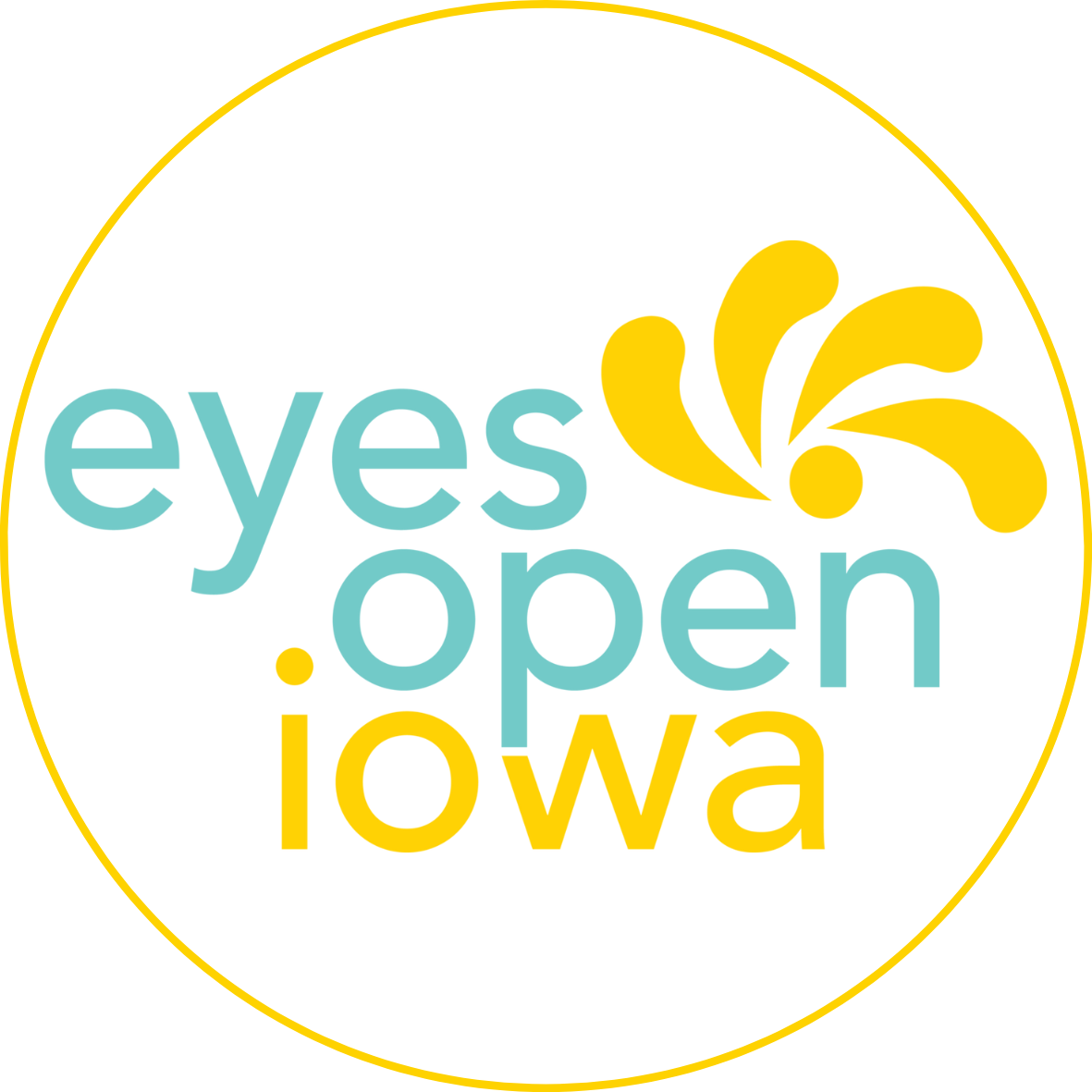Beyond the Birds and the Bees Part 1 – SO What Exactly is Sex Ed?
By Kirsten Brown, WISE Program Manager
As a Social Worker, it’s often an interesting experience to meet someone new and answer the inevitable “So what do you do” question. People’s reactions can vary from “That’s awesome!” to “I could never do what you do”, so you’re never really sure what to expect. And now that I’m a Social Worker who works in K-12 Sex Education, my “So what do you do” interactions are a bit more unpredictable 😊
In some ways, I do get where people are coming from. The Social Work profession is incredibly diverse and my fellow Social Workers are doing phenomenal work making change in their communities through a variety of positions across the country and globe! But unless you have worked with or know someone who is a Social Worker, the only context many people have of what Social Workers do is based on depictions they see in movies/on TV – which typically only focuses on Child Protection and usually isn’t super accurate. (To learn more about what Social Workers do, the National Association of Social Workers and the International Federation of Social Workers are good places to check out).
And I’ve discovered the same goes for Sex Education. When people hear the term “sex ed”, it can conjure up an array of feelings and connotations based their own experiences at school – some positive and sadly some negative. Some folks received amazing sex ed at school and had fantastic conversations with their parents/caregivers about it too – WHICH IS WONDERFUL!!! Unfortunately, others’ experience with sex ed was more of the “You Will Get Pregnant and Die” variety or simply didn’t happen at all (FYI not all states require sex ed to be taught and some parents/caregivers also avoid talking about it). Of course, the endless sex ed references in pop culture also add fuel to the mix-of-emotions-fire (cue all the teen movie scenes featuring so. much. produce or bumbling caregivers having “the Talk”), making it seem like sex ed is just a ridiculously awkward punchline.
So, I figured we could have a conversation over the course of a few blog posts about what exactly sex ed is, because it’s so much more than people often think 😊 I’m going to be particularly looking at the programming offered in schools and highlighting how it helps students to learn about themselves and their bodies; celebrate difference and show respect to others; develop safe and healthy relationships; make healthy and informed decisions; and how sex ed contributes to an overall improved school climate!
Sex Education Means…
For me, it always helps to start with definitions. The Future of Sex Education (FOSE) – which is a coalition of major national sexual health organizations – defines Sex Ed as “the provision of information about bodily development, sex, sexuality, & relationships, along with skills-building to help young people communicate about & make informed decisions regarding sex & their sexual health. Sex education should occur throughout a student’s grade levels, with medically-accurate information appropriate to students’ development & cultural background.”
Therefore, sex ed is something students really should be learning throughout their entire academic careers, rather than just a 1-day conversation 😊
Additionally, in order for a program to be called sex ed, instruction should also be provided on the following topics:
Puberty & adolescent development
Anatomy & physiology
Pregnancy & reproduction
Abstinence, contraception, & condoms
Sexually Transmitted Infections (STIs) & HIV
Healthy relationships
Safety & sexual violence prevention
Gender identity
Sexual orientation
What’s so cool is that all this essential health information is taught in a way that’s age-appropriate for students’ development and is medically-accurate!
Interestingly, the first 5 topics listed above are typically what most people think about as being sex ed…but all 9 topics are actually what makes up programming that’s highly effective! In fact, there’s over 30 years of research showing that when students are provided with all this info it helps them to make healthy and informed decisions for themselves and in the relationships they have with other people (or may have some day).
Now, remember that mix-of-emotions-fire that can happen when people hear “sex ed”? Well, fear is definitely one of them. A super common fear that some people have is that if you teach students sex ed, then students are suddenly going to get the idea to have sex. Or if sex ed programming is talked about in elementary schools, some folks immediately channel their best scream emoji – not realizing that the sex ed lessons taught in elementary grades are 1) developmentally appropriate and 2) focus mostly on building students’ social and personal safety skills (and I promise, we’ll talk more about this in a future post 😊).
And WOWZA - fear can be a really challenging emotion to work through! Because we want young people to be safe, healthy, and happy AND we want to ensure the education they receive will help them be all of those things. But here’s the good news – the research on sex ed actually shows that when young people learn about these comprehensive topics, they experience greater health AND academic outcomes overall! YAY!!
So now that we’ve covered the definition of sex ed and the topics that are covered, be sure o tune in for Beyond the Birds and the Bees Part 2, where we’ll chat more specifically about the amazing health and academic outcomes students experience when they receive sex ed!

